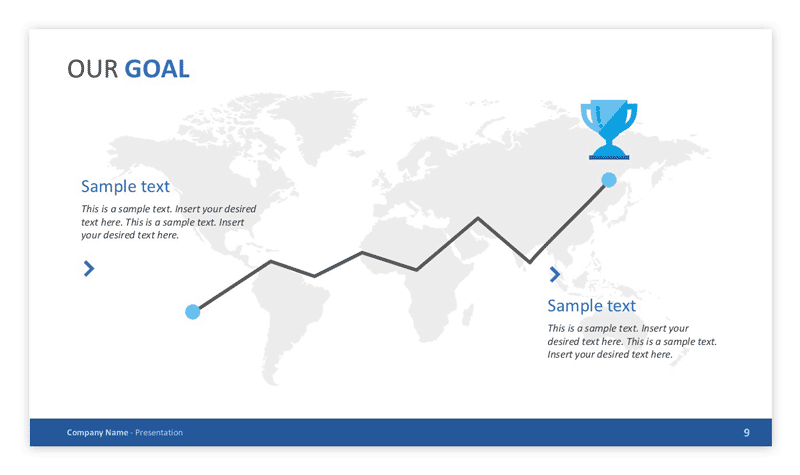In today’s economic arena, businesses are tasked with making purchasing decisions that can significantly impact their survival and prosperity. While the process of buying goods and services might seem straightforward, it often involves intricate considerations, strategic thinking, and a keen understanding of market dynamics. The art of inquiry lies at the heart of these decisions, a skill that can redefine how businesses manage their procurement portfolios.
Table of Contents
The Purchasing Paradox

It’s tempting for companies to rely strictly on cost as the beacon guiding their purchases. After all, bottom-line impact is paramount. Yet, focusing solely on price can sometimes be a dangerous miscalculation. Buying decisions should consider a variety of factors, including quality, long-term value, and supplier reliability. The pursuit of the cheapest option can lead to hidden costs, disruptions, and unfavorable terms.
Another aspect that gets overlooked is the opportunity cost of making hasty or ill-advised purchases driven by sheer price considerations. Time spent rectifying errors or dealing with substandard products can restrict a company from focusing on growth initiatives or core business areas. Hence, businesses should logically ponder “what’s the real cost of saving today?” and factor in these hidden complexities when formulating their purchasing strategies.
In forming a comprehensive purchasing strategy, businesses can benefit from external resources that guide them in making informed decisions. For instance, reviewing tools such as https://acquira.com/15-questions-to-ask-when-buying-a-business/ can offer a structured approach to purchasing inquiries, ensuring that vital aspects are evaluated before finalizing decisions. This meticulous approach helps mitigate risks and enhance the overall buying process.
Supplier Relationships: The Strategic Edge
Building and nurturing supplier relationships can offer substantial competitive advantages. Businesses that establish steady partnerships often gain access to preferential terms, early access to creative solutions, and resilience during supply chain disruptions. The rapport with suppliers is more than transactional; it’s a strategic alliance that can yield consistent dividends.
These relationships can also be a source of knowledge transfer, as suppliers may provide insights into market trends, emerging technologies, and collaborative problem-solving approaches. Companies that nurture these relationships can tap into a deep well of shared expertise that can help drive innovation and adapt to unforeseen challenges. Collaborating with trusted suppliers can transform them from mere vendors to valued partners in progress.
Quality Over Cost
High-quality products often translate to lower long-term costs, even when their upfront prices are steeper. Durable materials reduce the frequency of replacements. Reliable technology minimizes breakdowns. The cost of switching suppliers due to inferior quality can dwarf initial savings. When businesses prioritize quality, they often enjoy more predictable operations and generate higher customer satisfaction.
Opting for higher quality doesn’t just protect companies’ investments but can significantly boost their reputation. A reputation for excelling in quality can become a differentiating factor, promoting customer trust and brand recognition. As market competition intensifies, standing out as a quality-first organization enables firms to command pricing premiums and foster loyalty among customers whose expectations align with the business’s ethos.
Data-Driven Decisions
Relying on instincts in business purchases can be risky. Data is no longer just a useful tool; it’s a requirement in making informed decisions. Harnessing the right analytics can reveal patterns, forecast trends, and detect inefficiencies. Data acts as a backbone for negotiations, providing tangible evidence to secure advantageous terms and conditions.
Moreover, the evolution of real-time data gathering and analysis technologies provides timely transparency that was previously unattainable. Businesses can continuously refine their purchasing approaches by leveraging data insights, ensuring they stay ahead of the competition and operate at peak potential. At its core, a data-driven strategy enables informed choices that enhance overall profitability and ensure strategic alignment with long-term objectives.
Sustainability: The New Norm
Today’s decision-makers must also weigh the environmental impact of their procurement choices. Sustainable options can enhance brand reputation and align with rising stakeholder expectations. Environmentally conscious purchasing isn’t merely an ethical choice but an economic one. Companies that commit to replenishing and conserving resources often see positive repercussions for their brand loyalty and public image.
Navigating Economic Uncertainty
As global economies fluctuate, businesses must remain agile. Purchasing decisions should incorporate flexibility to buffer against economic upheavals. Diversifying sources and contingency planning are practical measures. Companies that stay adaptable tend to weather economic storms more successfully.
Final Thoughts
The art of inquiry in business purchasing is a discipline mandatory for any company seeking to thrive. To excel, it’s imperative that organizations cultivate an inquisitive approach in evaluating all facets of their buying strategies. From establishing robust supplier networks to investing in sustainable practices and judicious data usage, inquiry-driven decision-making carves a path to long-term success.
The ability to keep questioning and challenging conventional purchasing paradigms can create avenues for unexpected efficiencies and innovations. For businesses hungry for longevity, the art of inquiry is not merely beneficial—it is indispensable.
























